Species observations held
Information reports delivered
People sharing information
Local Wildlife Sites
Counts last updated: 21/10/2022
Explore Our Work & Access Information
Access Information
We provide access to species, habitat and other biodiversity information in the North Merseyside area. Services are free to many users. Find out more here!
The majority of the information we hold has come from volunteers, naturalists and associated organisations. Shared to enable more informed and transparent conservation. Are you considering sharing information with us? Find out more here!
Volunteering
We support biodiversity related projects, wildlife recording and field and office based volunteering in our area. Find out what’s on and how you can get involved!
Validation & Verification
We feed data directly into the local development control process, strategic review and on to national and even international conservation and research as such we must have confidence in the data we supply. Review the process we use to improve confidence in data.
Data Holdings
The term biodiversity covers wide range of information on the natural environment and there are an enormous amount of unique sources for data covering species and habitat and the additional evidence this has been used to create. Explore what we hold.
Transparency & Governance
Merseyside BioBank is hosted by Sefton Council but operates across the Liverpool Combined Authority area (Liverpool City Region) and across a wide range of public, private and charitable interests. Find out more about how we’re managed here.
Latest News & Notes From The Field
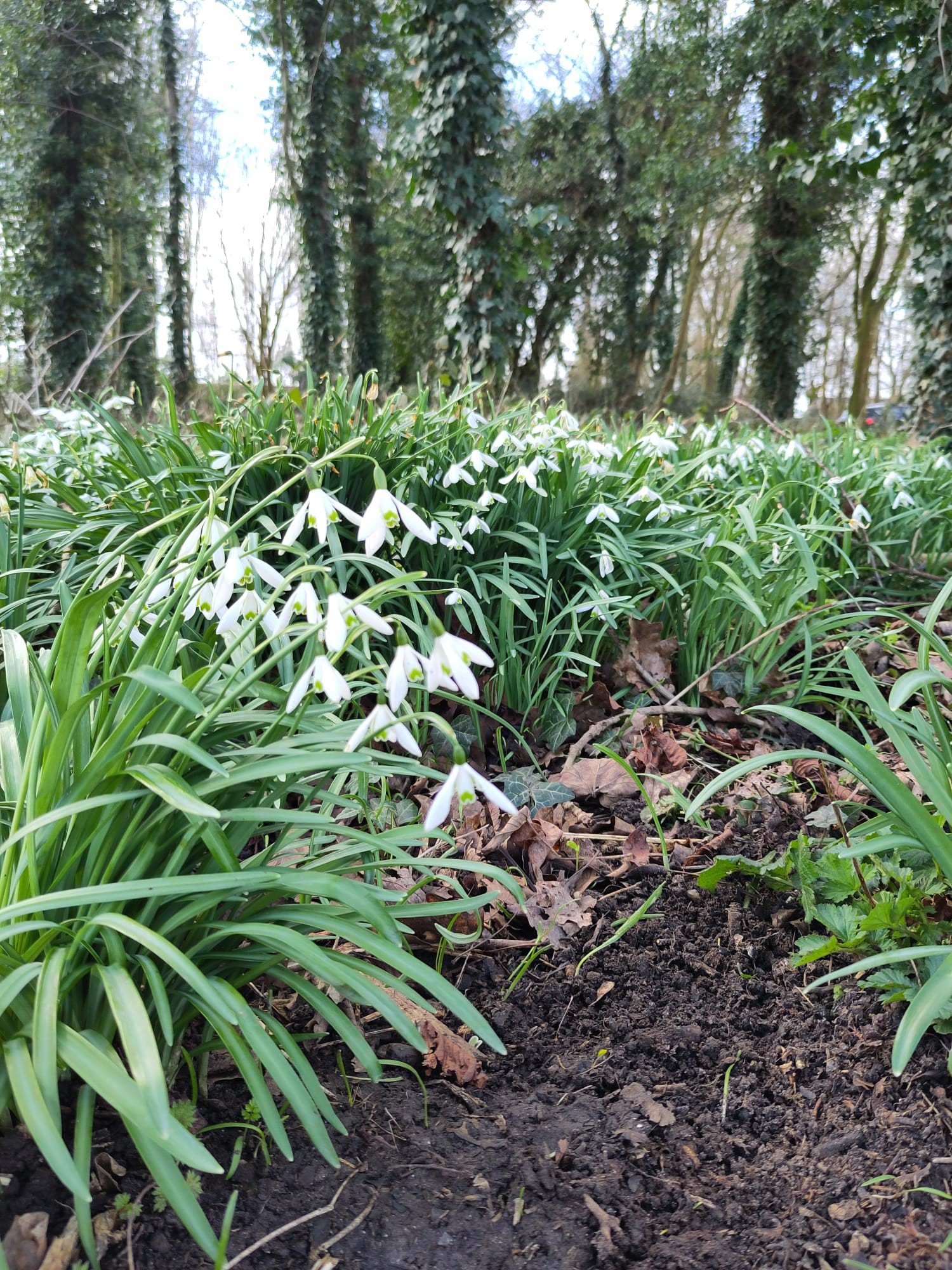
February e-bulletin
Find a link to our February e-bulletin below. The articles here are from staff at MBB and MEAS, our regular contributors, local naturalists, volunteers, interns and local conservation groups. Follow the links below to download! February Bulletin 2026Download
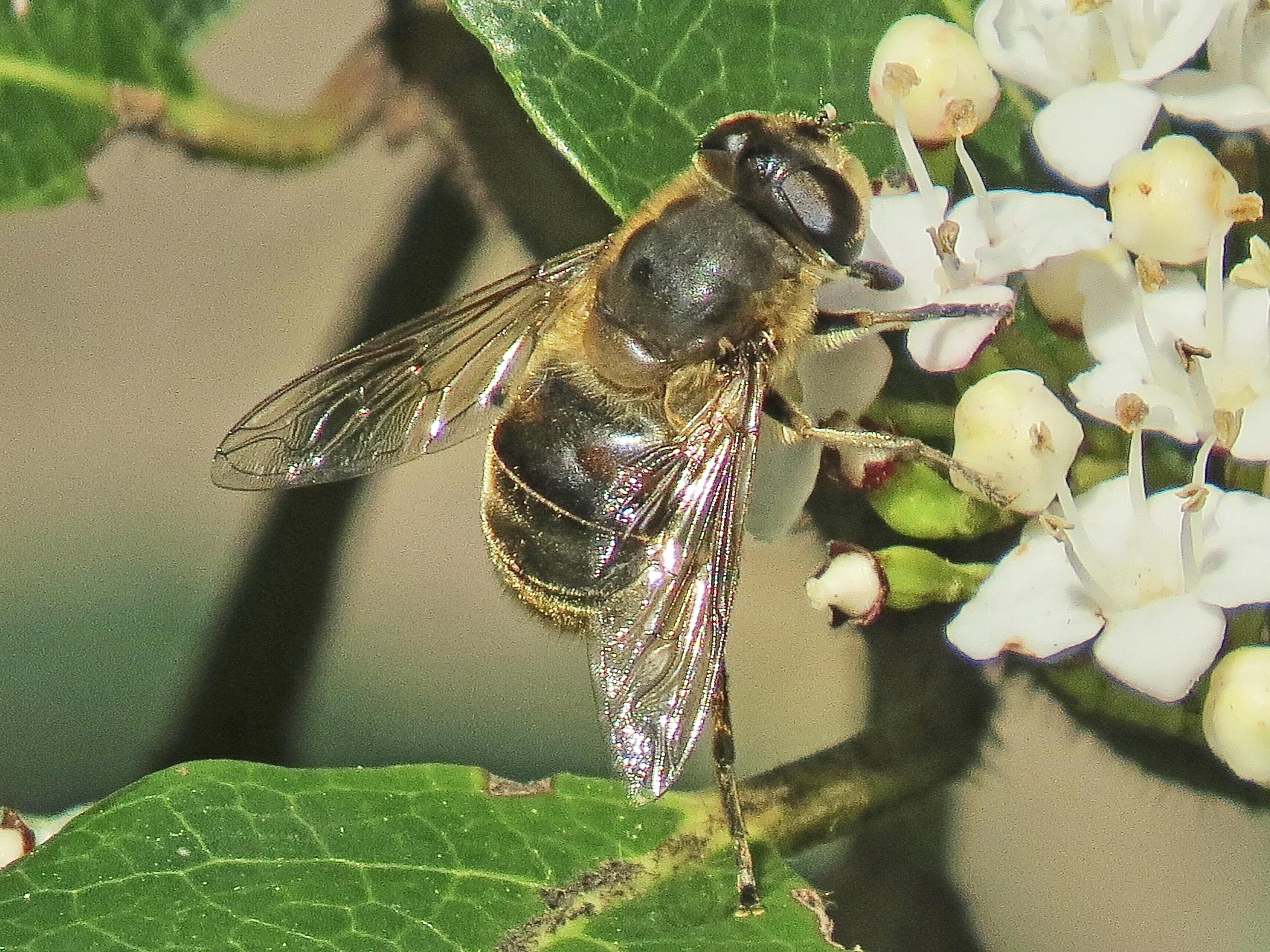
Wildlife notes January 2026
Dr Phil Smith January was a very wet month for many but not for us! A succession of Atlantic systems, including three named storms, brought heavy rain to eastern, southern and southwest England, northeast Scotland and Northern Ireland. Some counties had their wettest January on record. However, Met Office maps show that, surprisingly, our region…
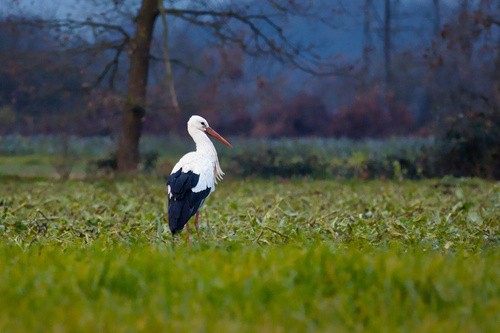
January e-bulletin
Find a link to our first e-bulletin of 2026 below. The articles here are from staff at MBB and MEAS, our regular contributers, local naturalists, volunteers, interns and local conservation groups. Follow the links below to download! January Bulletin 2026Download
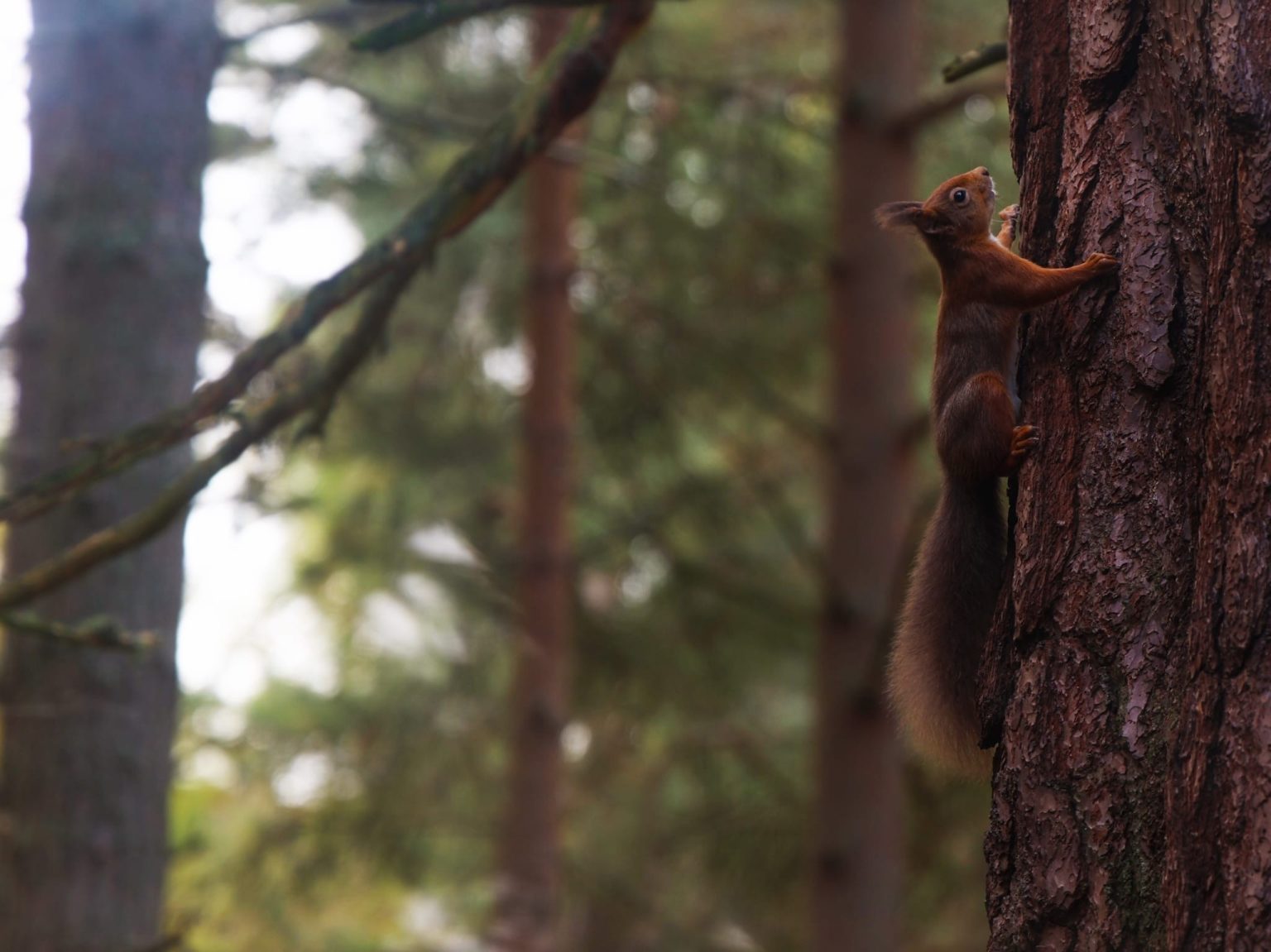
Welcome to the 6th Annual Merseyside BioBank Winter Newsletter!
Find a link to our 2025 Winter Newsletter below. Its a round up of everything we’ve been up to in 2025 and an insight into our plans for 2026. The articles here are from staff at MBB and MEAS, our regular contributers, local naturalists, volunteers, interns and local conservation groups. Follow the links below to download! Thank you to everyone…
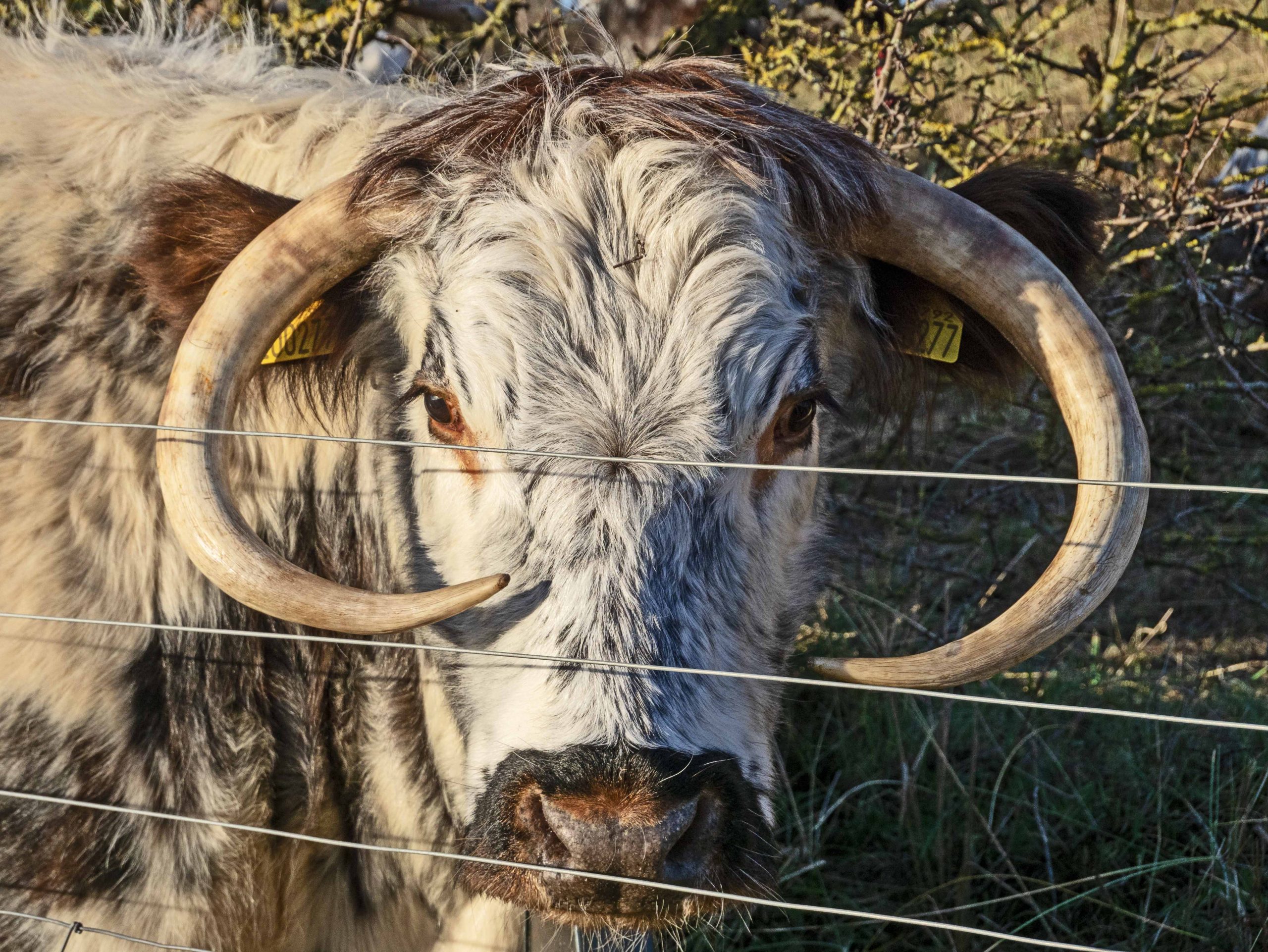
Wildlife notes December 2025
Dr Phil Smith December was relatively mild with very few frosty mornings in Formby. Rachael Parks measured 110 mm of rainfall in her garden, close to average for the month. The Met Office monthly summary agrees with these findings, our region having about average rainfall and being warmer and sunnier than normal. Overall, 2025 was…
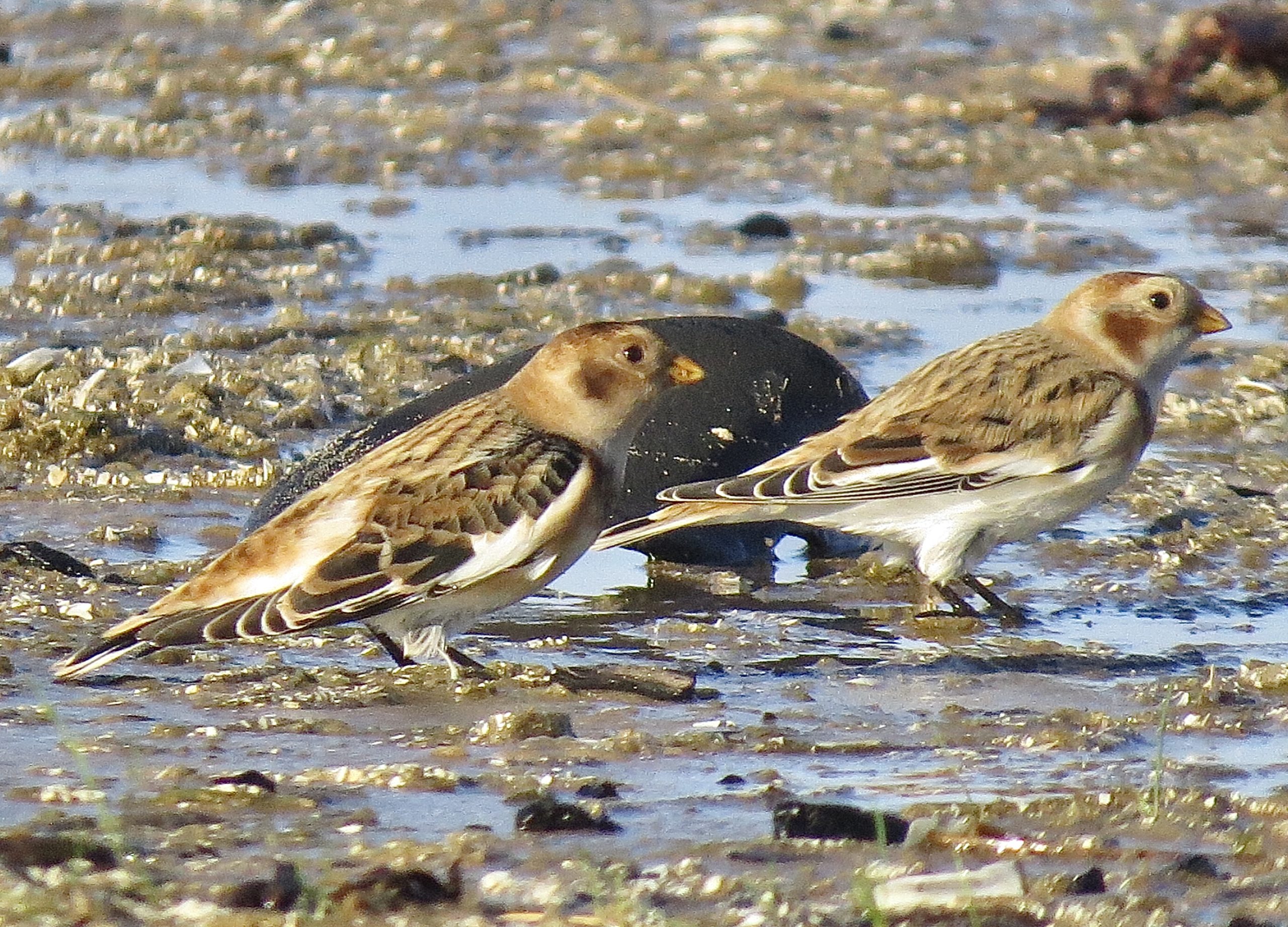
Wildlife notes November 2025
Dr Phil Smith According to the Met. Office, November was warmer, wetter and sunnier than normal. England had about 49% more rain than the average, tying in remarkably well with Rachael Parks data from her Formby garden. She measured 140.5 mm, of rainfall, which is roughly 48% more than the long-term average for the district.…
